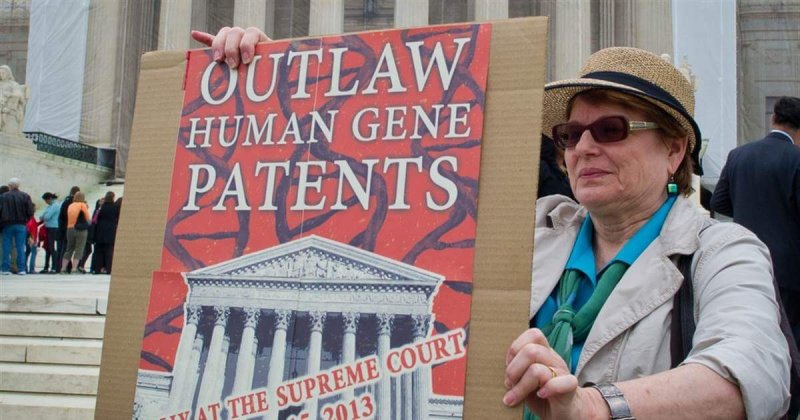The sudden surge in the demand for a vaccine has seen the biotechnology industry rush to innovation and testing, which, if it results in any form of medications or vaccines, would likely lead to the filing of patent claims. These biotechnological advances heavily rely on human gene testing and its patentability. An age-old debate rekindles every time the issue of human gene patenting becomes a point of discussion and it inevitably ropes in the issues of human rights and the prevention of exploitation.
…
In cases like Diamond v. Chakrabarty and Myriad Insdustires, the [US Patent and Trademark Office] has generously argued that since human intervention is required to assimilate and understand the information that is stored and coded inside the proteins of DNA, it makes the attempt a ‘human intervention’ and hence renders the gene patentable, since it is isolated from the body. This stands in direct conflict with the patent laws of many developing regions like Brazil, India and Southeast Asia.
…
It is absolutely possible for any legal decision or legal principle to be immoral even if it stays consistent with legal precedent. Human gene patenting is feared to exploit and exacerbate the inequality between the rich and the poor.































